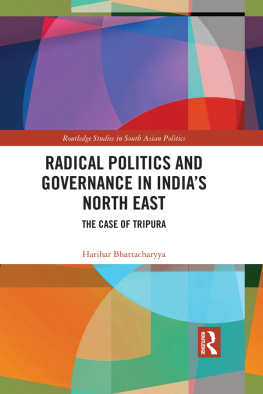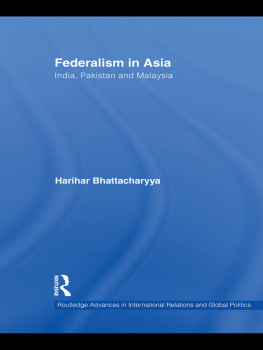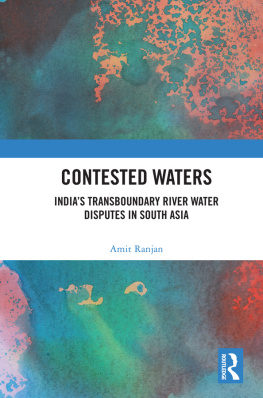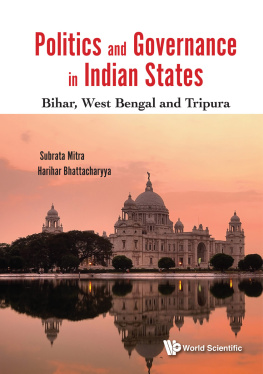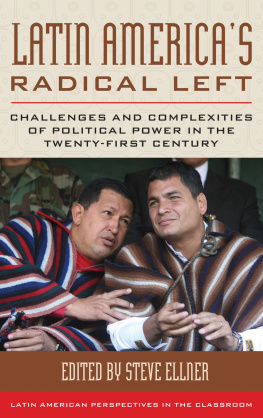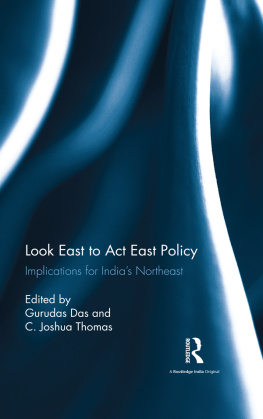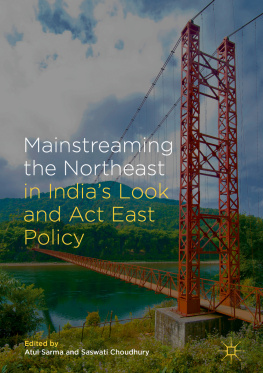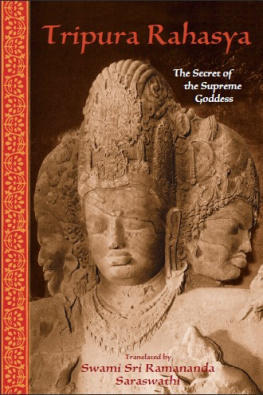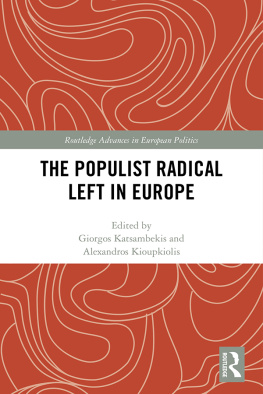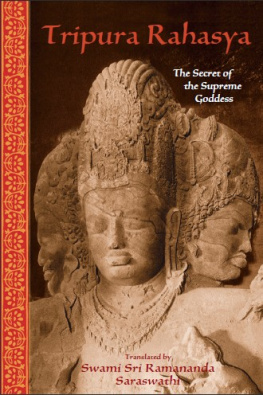Radical Politics and Governance in Indias North East
Tripura in Indias North East remains the only region in the world which has sustained a strong Left radical political tradition for more than a century, in a context not usually congenial for Left politics. Tripura is one of the 29 States in India which has returned the Communist Party of India (Marxist) led Left Front repeatedly to power. By contrast, radical ethnic politics dot the political scenario in the rest of the region.
This book examines the roots, nature, governmental performance, and theoretical and policy implications of Left radicalism in Tripura. The case of Tripura is placed in comparison with her neighbours in the region, and in some cases with Indias advanced States in governance matters. Based on original archival and the very recent empirical and documentary sources on the subject, the author shows that the Left in Tripura is well-entrenched, and that it has sustained itself compared to other parts of India, despite deeply rooted ethnic tensions between the aboriginal peoples (tribes) and immigrant Bengalis. The book explains how the Left sustains itself in the social and economic contexts of persistent ethnic conflicts, which are, rarely, if ever, punctuated by incipient class conflicts in a predominantly rural society in Tripura. It argues that shorn of the Indian Marxisms theoretical shibboleths, the Left in Tripura, which is part of the Indian Left, has learned to accommodate non-class tribal ethnicity within their own discourse and practices of government. This study demolishes the so-called durable disorder hypothesis in the existing knowledge on Indias North East.
A useful contribution to the study of radical Left politics in India in general and state politics in particular, this book will be of interest to researchers of modern Indian history, Indias North East, and South Asian Politics.
Harihar Bhattacharyya is Professor of Political Science, University of Burdwan, India. He has published extensively on aspects of Indian political processes and institutions, comparative federalism, social exclusion, citizenship, ethnicity and nationhood. His recent publications by Routledge include Federalism in Asia: India, Pakistan and Malaysia (2010), The Politics of Social Exclusion in India: Democracy at the Crossroads (co-edited, 2010) and Globalization and Governance in India: New Challenges to Society and Institutions (co-edited, 2015).
Routledge Studies in South Asian Politics
6 US-Pakistan Relations
Pakistans Strategic Choices in the 1990s
Nasra Talat Farooq
7 Public Policy and Governance in Bangladesh
Forty Years of Experience
Nizam Ahmed
8 Separatist Violence in South Asia
A Comparative Study
Matthew J. Webb
9 Pakistans Democratic Transition
Change and Persistence
Edited by Ishtiaq Ahmad and Adnan Rafiq
10 Localizing Governance in India
Bidyut Chakrabarty
11 Government and Politics in Sri Lanka
Biopolitics and Security
A. R. Sriskanda Rajah
12 Politics and Governance in Bangladesh
Uncertain Landscapes
Edited by Ipshita Basu, Joe Devine and Geoffrey Wood
13 Constitutional Democracy in India
Bidyut Chakrabarty
14 Radical Politics and Governance in Indias North East
The Case of Tripura
Harihar Bhattacharyya
First published 2018
by Routledge
2 Park Square, Milton Park, Abingdon, Oxon OX14 4RN
and by Routledge
711 Third Avenue, New York, NY 10017
Routledge is an imprint of the Taylor & Francis Group, an informa business
2018 Harihar Bhattacharyya
The right of Harihar Bhattacharyya to be identified as author of this work has been asserted by him in accordance with sections 77 and 78 of the Copyright, Designs and Patents Act 1988.
All rights reserved. No part of this book may be reprinted or reproduced or utilised in any form or by any electronic, mechanical, or other means, now known or hereafter invented, including photocopying and recording, or in any information storage or retrieval system, without permission in writing from the publishers.
Trademark notice: Product or corporate names may be trademarks or registered trademarks, and are used only for identification and explanation without intent to infringe.
British Library Cataloguing-in-Publication Data
A catalogue record for this book is available from the British Library
Library of Congress Cataloging-in-Publication Data
A catalog record for this book has been requested
ISBN: 978-1-138-66872-0 (hbk)
ISBN: 978-1-315-61851-7 (ebk)
Typeset in Times
by Apex CoVantage, LLC
Dedicated to Prof (retd.) Kalayan K. Bhattacharyya who initiated me into learning about politics
Indias North East comprising eight States of the Indian Federation are conventionally understood as the insurgent country and security region ridden with ethnic militancy and the breakdown of law and order. Arguing against the conventional wisdom, this study shows how radical politics, ethnic and Left, when institutionalized, produces better rule of law, and governance not simply in terms of the law and order, but the fulfillment of identity needs and delivery of a set of public goods and services that include better physical infrastructure, social and livelihood opportunity and social inclusion. On the basis of the first ever detailed, empirically based, and comparative study of the States in the North East, with particular reference to Tripura, this book examines the roots, nature and institutionalization of both ethnic and Left radicalism in the North East, examines the processes of their institutionalization for participation for power-sharing and governance. As a study in the dynamics of Indian federal politics at the State level, hitherto not adequately dealt with, it shows how Indias federation building determined the contour of ethnic and Left politics in the region, and how the creation of new States on the basis of some ethnic markers has served to prevent the spillover effects of ethnic conflicts through territorialization, which has transformed yesterdays rebels into tomorrows (and the days after) stakeholders in the region. The region, as a result, does not represent any more the typical case of durable disorder but more enduring order and political stability, and governance.
This study grows out of my decades long research on Tripuras Left politics and the more recent research engagement with the rest of the region in connection with a collaborative international research project on Continuity and Change in Indian Federalism in the Age of Coalition Government (201417) funded by the Leverhulme Trust UK and based in the University of Edinburgh, UK. My association with this research project as a Lead Partner responsible for Ethnic Conflict Managements in Indias North East helped me in generating a lot of detailed empirical data on the basis of elite interviews and field surveys. The research for the book has also been enriched further by my detailed case study of the working of the Tripura Tribal Autonomous District Council during 201113 funded the Indian Council of Social Science Research (ICSSR). I wish to record my sincere thanks and gratitude to the Leverhulme Trust, UK and the ICSSR New Delhi. I record also my thanks to the field investigators in the States of the region who helped collect data and conduct interviews. I sincerely record my thanks and gratitude to many political elites in the North East who kindly shared their knowledge in the interviews which facilitated the research for the book. In the penultimate days of drafting the book, Abhishek Karmakar and Monohar Karmakar offered technical support for which thanks are due. Sahon, my son, has jumped in whenever needed for technical issues. I wish to record my thanks to Koteswar Prasad for sending me a material on the communist movement in Madras.

